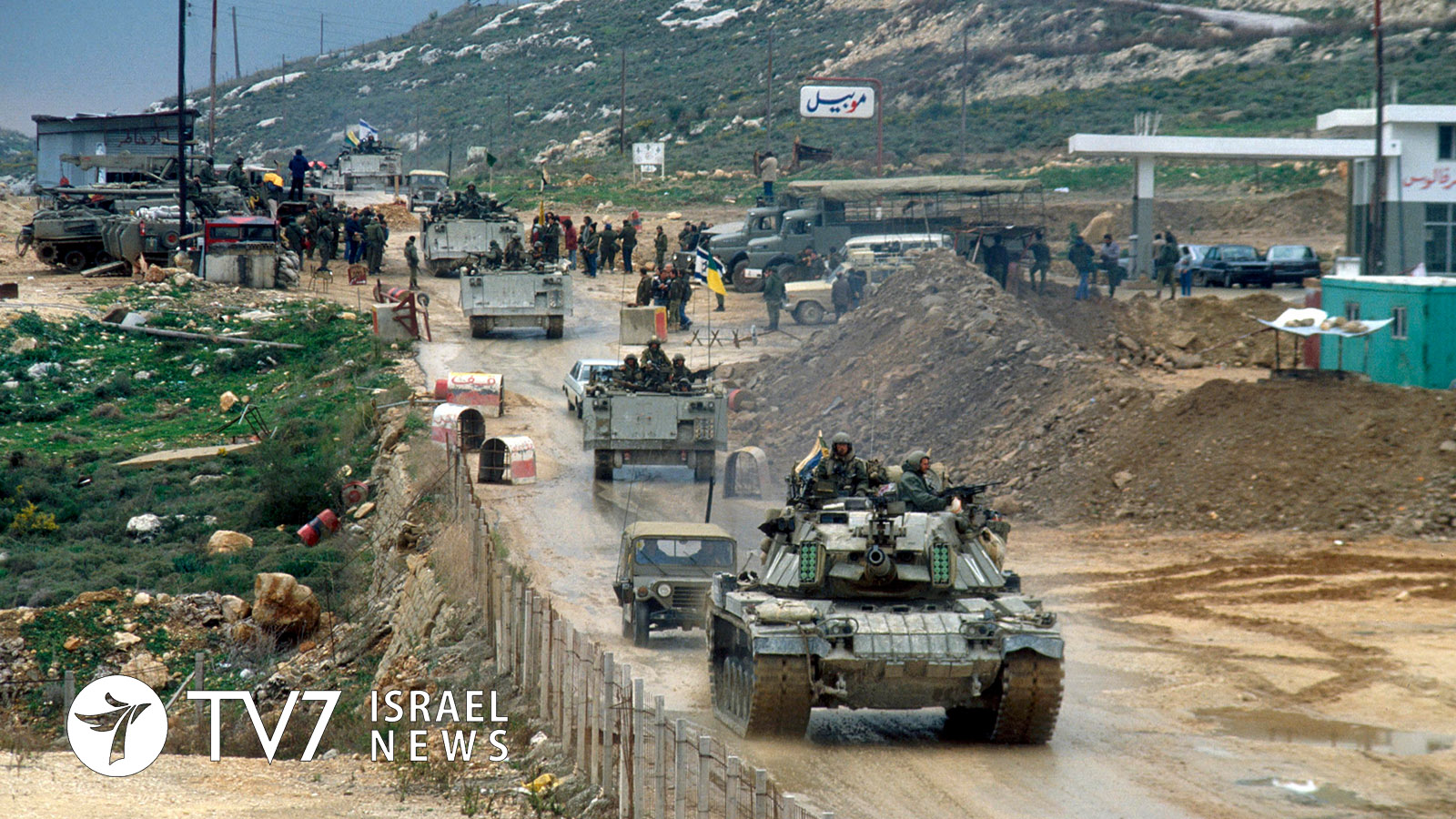The anniversary of Israel’s withdrawal from Lebanon hit the two-decade mark this week, but the occasion passed quietly with no official commemoration.
Israel invaded the northern-neighboring state in 1982 following escalated terror attacks by the Palestinian Liberation Organization (PLO), which had ensconced itself in southern Lebanon, effectively creating a state-within-a-state. 657 Israeli soldiers were killed and 3,887 wounded in what became known as the First Lebanon War, when the PLO commanded by Yasser Arafat was ultimately expelled from the country.
The IDF army established a security zone in southern Lebanon to prevent further terrorist assault on northern Israel between 1985 to 2000. Even though 414 IDF soldiers fell during the ensuing 15 years of bloody battle against Hezbollah Islamists in the area, the conflict was never formally declared a war. In honoring a campaign pledge by then-Israeli Prime Minister Ehud Barak, the army officially pulled out of Lebanon on the eve of 24 May 2000.
Lebanon and Israel remain in a formal state of war.
In contrast to Israeli reticence, Hezbollah Secretary General Hassan Nasrallah delivered a series of belligerent comments pertaining to the anniversary. During an interview with the Al-Nour Radio station broadcast by the Al-Manar TV network affiliated with his Iranian-backed militia, Nasrallah threatened that any IDF airstrikes on Lebanon would “not pass without a response.”
“A great war that will open all fronts at once,” he said, claiming it would eventuate in “the end of Israel.”
Nasrallah went on to boast that Hezbollah now possesses “military capabilities that did not exist before 2006,” in reference to the Second Lebanon War that erupted after his group killed 8 IDF soldiers and abducted 2 others in a cross-border raid into Israel. A ceasefire of the 34-day military conflict was secured by United Nations Security Council 1701; terms of which Hezbollah has consistently violated. 121 Israeli soldiers died in the Second Lebanon War and 1,244 were injured. The bodies of the 2 abducted servicemen were returned in a 2008 prisoner exchange.
In what has been interpreted as a reference to repeated airstrikes in recent years on Iranian and Hezbollah installations in Syria attributed to Israel, Nasrallah went on to proclaim that “patience and endurance of the Syrian leadership with Israeli aggression has limits.”
Nasrallah also rejected the reported-request by the United States for UN Secretary General Antonio Guterres to conduct an evaluation of the UN Nations Interim Forces in Lebanon (UNIFIL) peacekeeping force that is charged with patrolling Lebanon’s border with Israel. UNIFIL was established in 1978 and entrusted to guarantee the 2006 ceasefire.
U.S. ambassador to the UN Kelly Craft wrote on Twitter earlier this month that UNIFIL has been “prevented from fulfilling its mandate” because Hezbollah has “been able to arm itself and expand operations, putting the Lebanese people at risk.” She went on to say that the UNSC “must either pursue serious change to empower UNIFIL or realign its staffing and resources with tasks it can actually accomplish,” she wrote on Twitter.
Nasrallah reacted by accusing Washington of conspiring with Jerusalem to empower UNIFIL to take action against Hezbollah.
“The Americans, as the result of Israeli demands, are raising the issue of changing the nature of UNIFIL’s mission,” he said, adding that, “Lebanon has refused to change UNIFIL’s mission, but Israel wants… it to have the right to raid and search private properties, and the Americans are pressuring Lebanon on this matter.”
The UN Security Council will vote this summer on whether to renew UNIFIL’s mandate.
The “the time of deeming Lebanon to be weak is over, and Israel cannot impose conditions on Lebanon, even behind an American mask,” said the commander of the Iranian proxy, whose parliamentarians currently dominate the Beirut government.
Lebanese Prime Minister Hassan Diab led a high-level delegation in a visit to UNIFIL Headquarters yesterday, where he was briefed on the Mission’s work and continued cooperation with the Lebanese Armed Forces in the implementation of the UNIFIL’s mandate.
— By Erin Viner
